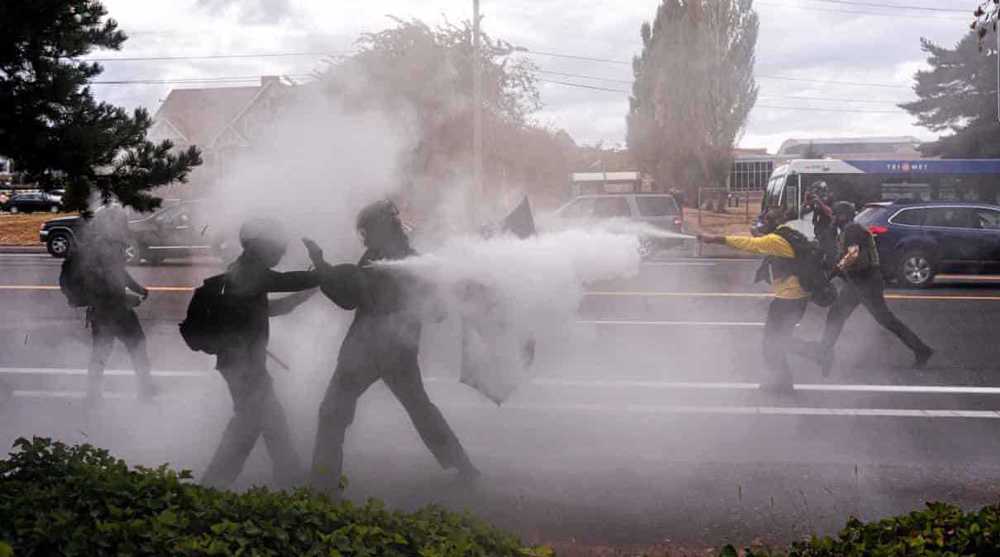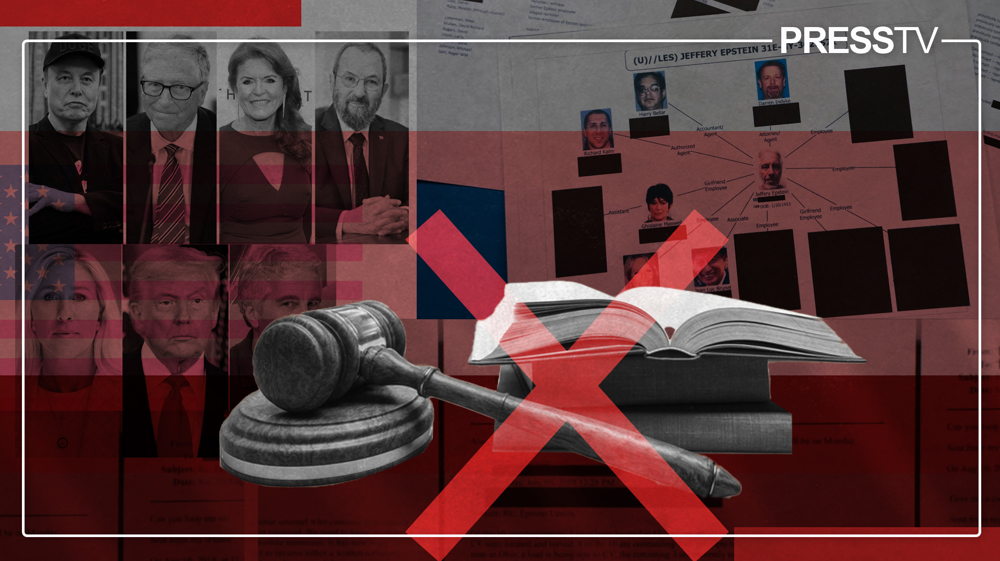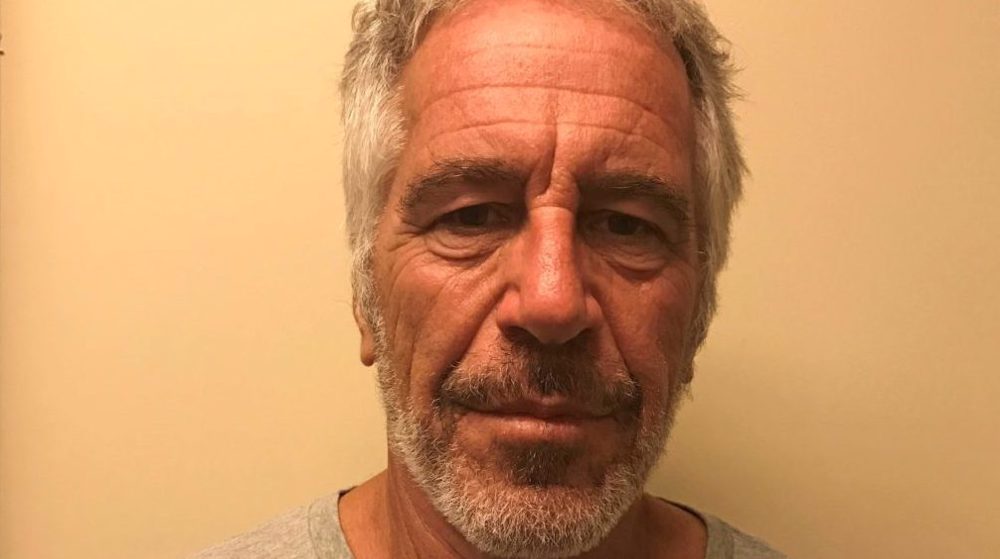Poll finds Americans warier of US government surveillance
A recent poll has found that more Americans were against the government’s intrusive surveillance programs and a lesser number believed that the US wars in Afghanistan and Iraq were worth the fight.
The poll conducted by The Associated Press-NORC Center for Public Affairs Research through interviewing 1,729 American adults in mid-August showed balk at government surveillance tools aimed at detecting threats against the nation by monitoring conversations, reading emails and checking social media.
No matter how well-intentioned, @Apple is rolling out mass surveillance to the entire world with this. Make no mistake: if they can scan for kiddie porn today, they can scan for anything tomorrow.
— Edward Snowden (@Snowden) August 6, 2021
They turned a trillion dollars of devices into iNarcs—*without asking.* https://t.co/wIMWijIjJk
According to the recent poll, more Americans were worried these days about the threat posed by domestic extremists rather than extremism coming from outside the country.
Most Americans taking part in the poll, about 6 in 10, said the long US wars fought in Afghanistan and Iraq were not worth fighting.
Almost half the Americans interviewed in the poll said they oppose the US government responding to threats against the nation by spying on correspondence between people outside of the US without a warrant, as permitted under law for purposes of foreign intelligence collection.
“At what point does this work against the population in general rather than try to weed out potential saboteurs or whatever?” asked Gary Kieffer, a retired 80-year-old New Yorker.
He said the extent of the government’s powers to spy on people was itself a public threat. “At what point is it going to be a danger to the public rather than saving them or keeping them more secure?”
“I feel like you might need it to an extent,” Kieffer said. But he added: “Who’s going to decide just how far you go to keep the country safe?”
Black Americans and Asian Americans taking part in the poll were mostly opposed to racial profiling at airports. Most white Americans had a similar opinion.
According to the poll, about two-thirds of Americans say they were extremely or very worried about the threat posed by homegrown extremist groups.
Only about half of those interviewed in the poll said they were extremely or very concerned about the threat posed by extremists based outside the country.
The margin of sampling error in the AP-NORC poll was estimated to be plus or minus 3.2 percentage points for representation of all the population of the United States.
Tehran slams US ‘inhumane’ sanctions against Cuba
Two Palestinian children killed in PA ambush; Hamas slams attack as ‘black mark’
Iran pursues talks and deterrence simultaneously: Security chief
Peace with Israel ‘not possible’ amid ongoing violations of Palestinian rights: Top diplomat
Discover Iran: The network of rivers, lakes, and wetlands of Sistan and Baluchestan
Russia: West reviving Navalny case to divert attention from Epstein scandal
Iran has ‘real ideas’ in indirect talks with US, will not submit to pressures: FM
‘Netanyahu is deceiving you’: Anti-settlement organization warns Trump

















 This makes it easy to access the Press TV website
This makes it easy to access the Press TV website